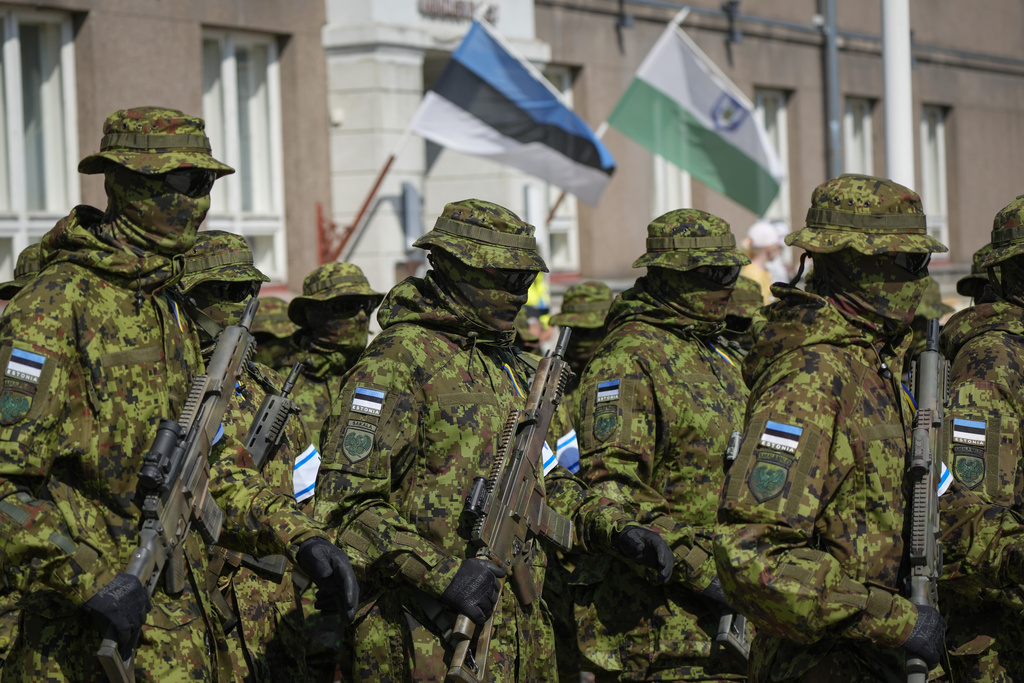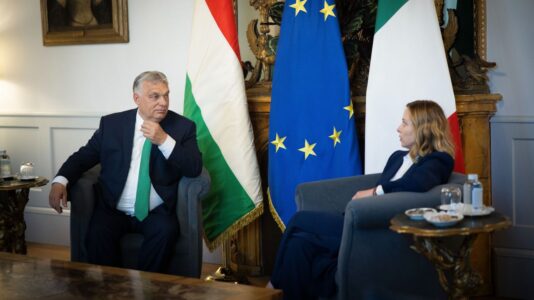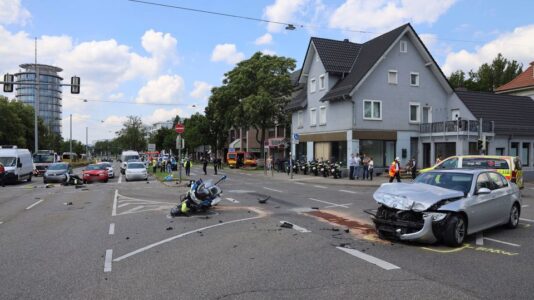The eastern flank of NATO is witnessing a series of incidents aimed at provoking and destabilizing nations bordering Russia, increasingly turning the Baltic region into a second front in the West’s conflict with Moscow. Recently, several masked men in boats removed orange navigational markers on the border river Narva, which separates Estonia from Russia.
According to the government in Tallinn, the placement of navigational markers on the river was traditionally agreed with Moscow to prevent fishing and recreational boats from inadvertently entering Russian territory. However, since 2023, Russia has not consented to the placement of about half of the 250 buoys planned for this year. Estonia has demanded the return of the removed markers and stated that it will install more unless Russia provides evidence of a change in the navigation route. Estonia is still awaiting a response.
This incident is part of a series of acts intended to provoke and destabilize countries sharing a 3,550-kilometer border with Russia and its ally Belarus. Generally, these attacks are not of a conventional nature that could trigger a collective NATO response. However, the frequency of such provocations has increased since Russia initiated a full-scale war in Ukraine in early 2022.
“Russia is now fighting two wars,” stated Finnish President Alexander Stubb at a foreign policy forum in Helsinki on June 14. “One is a conventional war in Ukraine. The other is a hybrid war in Europe and the West, aimed at influencing the tone of public discourse or somehow undermining our sense of security.”
The hybrid war Russia is waging against Western countries includes a range of destabilizing activities directed at various states, from Finland and the Baltic countries to Poland and beyond. Tactics include sending groups of migrants to storm borders — a situation keenly felt by Poland — and other hybrid attacks such as GPS signal jamming and recruiting criminals for minor acts of sabotage.
In recent months, Finland and Sweden have experienced airspace violations, and several commercial aircraft have been unable to land at small airports due to disruptions in the GPS signal. Poland has detained individuals in connection with alleged Russia-supported acts of sabotage within the European Union.
Each state bordering Russia has a turbulent history with Moscow, and all are now NATO members. In response to hybrid attacks from Russia, these countries have presented plans to strengthen and modernize the eastern border, with a total budget of $3.5 billion. They have also requested that hybrid attacks be included on the agenda for the upcoming NATO summit in Washington next month.
Finland, Estonia, Latvia, Lithuania, and Poland share a combined border with Russia stretching over 2,300 kilometers. Adding another 1,250 kilometers shared with Belarus, the NATO border with Russia is longer than the U.S.-Mexico border.






